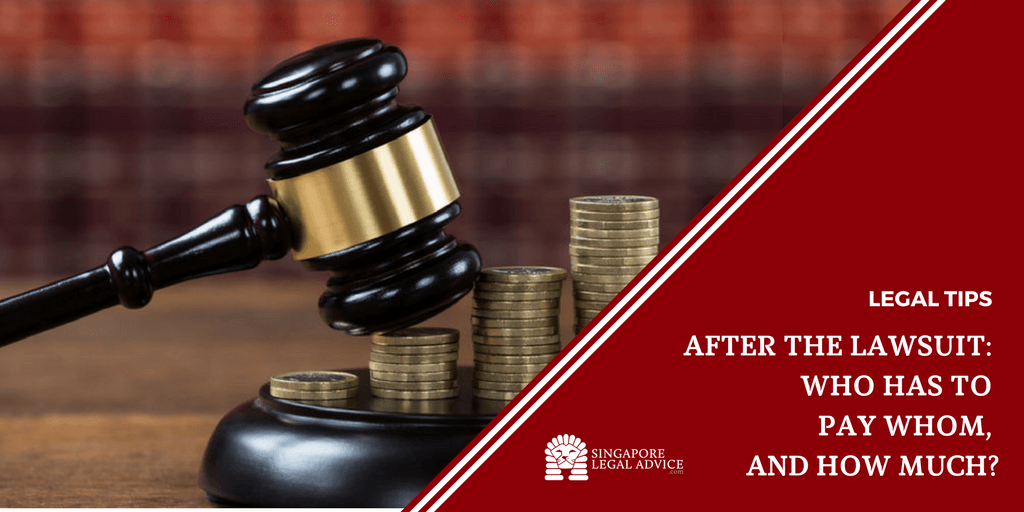Compensation means money or benefits given to someone to make up for loss, injury, or suffering.
-
A Claim is a formal request made by a person or entity to get compensation or payment for a loss or damage they experienced.
Basically, if someone suffers harm or loss due to another party’s actions or negligence, they can file a claim to get compensation.

Types of Compensation & Claims
There are many types depending on the context, but here are the most common:
1. Personal Injury Claims
-
When someone is injured due to another person’s negligence.
-
Examples: Car accidents, slip and fall injuries, workplace injuries.
2. Medical Negligence Claims
-
When a patient suffers harm due to medical malpractice.
-
Examples: Wrong diagnosis, surgical errors, birth injuries.
3. Employment Claims
-
Related to workplace issues.
-
Examples: Wrongful dismissal, workplace discrimination, unpaid wages.
4. Insurance Claims
-
Requests made to an insurance company to cover losses.
-
Examples: Health insurance claims, car insurance claims, home insurance claims.
5. Product Liability Claims
-
When a defective or dangerous product causes harm.
-
Examples: Faulty machinery, contaminated food, defective medicine.
6. Property Damage Claims
-
When someone’s property is damaged due to someone else’s fault.
-
Examples: Car damage, home damage due to flooding or fire.
7. Compensation for Emotional Distress or Pain and Suffering
-
Claims for non-physical damages caused by an event.
-
Examples: Trauma, mental anguish due to an accident or injury.
8. Workers’ Compensation Claims
-
Compensation given to employees injured on the job.
-
Includes medical expenses and lost wages.
Summary Table
| Type | What It Covers | Example Cases |
|---|---|---|
| Personal Injury | Physical injuries from accidents | Car crashes, slips |
| Medical Negligence | Harm from medical errors | Wrong surgery, misdiagnosis |
| Employment Claims | Workplace issues | Unfair dismissal, discrimination |
| Insurance Claims | Losses covered by insurance | Health, car, property insurance |
| Product Liability | Injury from defective products | Faulty devices, contaminated food |
| Property Damage | Damage to personal or real property | Fire, vandalism, floods |
| Emotional Distress | Non-physical damages like pain and suffering | Trauma, anxiety after accident |
| Workers’ Compensation | Injuries at work | Workplace accidents |
Absolutely! Let me give you a more detailed overview about Compensation & Claims and practical steps on how to handle them effectively.
More Information About Compensation & Claims

1. Purpose of Compensation
- To restore the victim financially or otherwise, as much as possible, to the position they were in before the harm.
- It’s not meant to give extra benefit but to cover losses like medical bills, lost income, property repair, pain, and suffering.
2. Who Can File a Claim?
- Anyone who has suffered loss, injury,
- or damage because of another party’s negligence or wrongdoing.
- This could be an individual, a business, or even an organization.
3. Common Elements in Claims
To make a valid claim, generally these elements are required:
- Duty of Care: The defendant owed you a responsibility (e.g., a driver must drive safely).
- Breach of Duty: The defendant failed that responsibility (e.g., caused an accident).
- Causation: The breach caused your loss or injury.
- Damages: You suffered measurable harm (medical costs, property damage, etc.).
4. Types of Compensation
- Economic Damages: Tangible losses like medical bills, repair costs, lost wages.
- Non-Economic Damages: Intangible losses like pain and suffering, emotional distress.
- Punitive Damages: Extra money to punish wrongful behavior (rare, usually in severe cases).
How to Handle Compensation & Claims Effectively
Step 1: Document Everything
- Collect all evidence related to the injury or loss:
- Photos/videos of damage or injury.
- Medical reports and bills.
- Police reports (if applicable).
- Witness statements.
- Receipts for expenses related to the claim.
Step 2: Notify the Responsible Party or Insurance Company

Inform the party responsible or their insurance company about the incident promptly.
- Provide clear and honest details about what happened.
Step 3: File a Formal Claim
- Submit your claim with all supporting documents.
- Insurance companies usually have claim forms on their websites.
- Keep copies of everything you submit.
Step 4: Follow Up Regularly
- Stay in touch with the claims adjuster or responsible authority.
- Keep track of deadlines, required paperwork, and any requests for more information.
Step 5: Negotiate Settlement
- Most claims are settled out of court.
- Review any settlement offers carefully.
- You may negotiate for a better amount if the initial offer is too low.
Step 6: Seek Legal Advice If Needed
- If the claim is complicated or denied unfairly, consider consulting a lawyer who specializes in compensation claims.
- A lawyer can help gather evidence, negotiate better, or file a lawsuit if necessary.
Step 7: Accept Settlement or Take Further Action
- If the settlement is fair, accept it to close the case.
- If not, and if your lawyer advises, you can proceed with legal action.
Tips to Handle Claims Smoothly
- Be honest and accurate with all information.
- Don’t delay reporting or filing your claim.
- Keep organized records of all communication.
- Understand the laws related to your claim (they differ by country or state).
- Avoid signing any documents without fully understanding them.
- Don’t give recorded statements to insurance companies without advice if you’re unsure.
Example: Handling a Car Accident Claim
- Immediately after the accident, take photos and exchange contact/insurance info.
- Get medical attention even if injuries seem minor.
- Report the accident to your insurance company.
- Collect and keep all medical bills and repair estimates.
- File a claim with your insurance or the at-fault party’s insurer.
- Negotiate or accept the compensation based on the damage and injury.
1. More Types of Compensation & Claims

A) Medical Negligence Claims
-
Reason: Wrong diagnosis, surgical mistakes, wrong medication, delayed treatment.
-
Who can claim? Patients, or family members if the patient is deceased.
-
Compensation Covers: Medical costs, future care, pain and suffering, loss of income.
B) Product Liability Claims
-
Reason: Harm caused by faulty or dangerous products.
-
Who can claim? Consumer, retailer, or distributor harmed by the product.
-
Compensation Covers: Medical treatment, replacement costs, lost wages, mental distress.
C) Workplace Injury Claims
-
Reason: Accidents or illnesses occurring due to work conditions.
-
Who can claim? Employees.
-
Compensation Covers: Medical expenses, salary for missed work, permanent disability.
D) Wrongful Termination Claims
-
Reason: Firing without legal reason (e.g., discrimination, retaliation).
-
Who can claim? Employees.
-
Compensation Covers: Lost wages, emotional stress, sometimes punitive damages.
E) Travel & Flight Delay Claims
-
Reason: Flight cancellation, lost luggage, travel injuries.
-
Who can claim? Passengers.
-
Compensation Covers: Refunds, alternative travel cost, hotel, and food expenses.





Leave a Reply